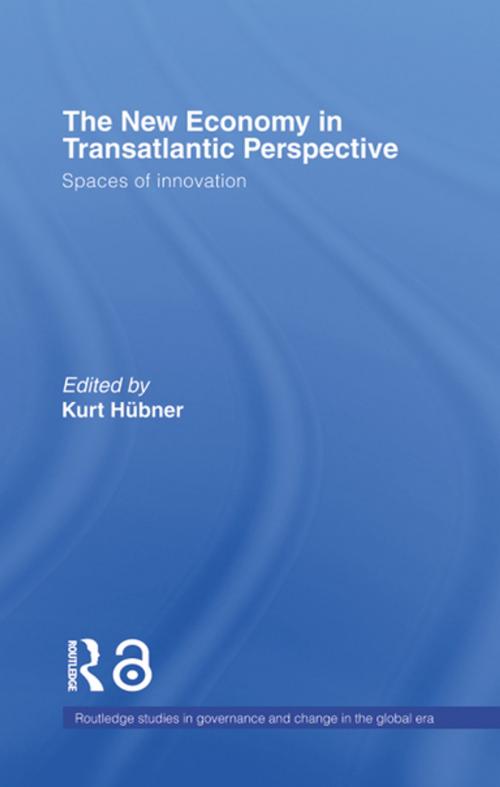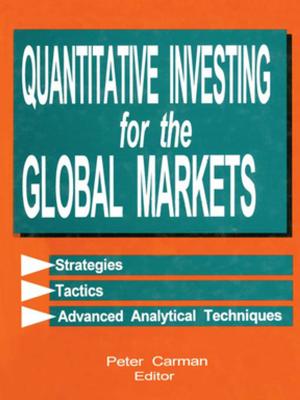| Author: | ISBN: | 9781134306985 | |
| Publisher: | Taylor and Francis | Publication: | February 3, 2005 |
| Imprint: | Routledge | Language: | English |
| Author: | |
| ISBN: | 9781134306985 |
| Publisher: | Taylor and Francis |
| Publication: | February 3, 2005 |
| Imprint: | Routledge |
| Language: | English |
What’s left from the new economy? This book takes an unfashionable perspective and shows that despite all the mistaken ideas and exaggerations, the technological changes of the 1990s still have important effects today. Economic history shows that technological revolutions tend to generate deep economic and social crises before a temporary state of equilibrium is reached.
The established modes of accumulations and regimes of regulation of national capitalisms and international capitalism have been undermined by the collapse of the high tech asset bubble. Financial markets are still in disarray. What can be observed, however, is that national economies are better positioned to tackle the crisis than others. Why is this?
This and other important questions are tackled by an international team of contributors including Daniele Archibugi, Harald Hagemann, Bruno Amable, Martin Heidenreich and David Gibbs. This volume should be of great interest to all those working at the intersection of international politics and economics.
What’s left from the new economy? This book takes an unfashionable perspective and shows that despite all the mistaken ideas and exaggerations, the technological changes of the 1990s still have important effects today. Economic history shows that technological revolutions tend to generate deep economic and social crises before a temporary state of equilibrium is reached.
The established modes of accumulations and regimes of regulation of national capitalisms and international capitalism have been undermined by the collapse of the high tech asset bubble. Financial markets are still in disarray. What can be observed, however, is that national economies are better positioned to tackle the crisis than others. Why is this?
This and other important questions are tackled by an international team of contributors including Daniele Archibugi, Harald Hagemann, Bruno Amable, Martin Heidenreich and David Gibbs. This volume should be of great interest to all those working at the intersection of international politics and economics.















